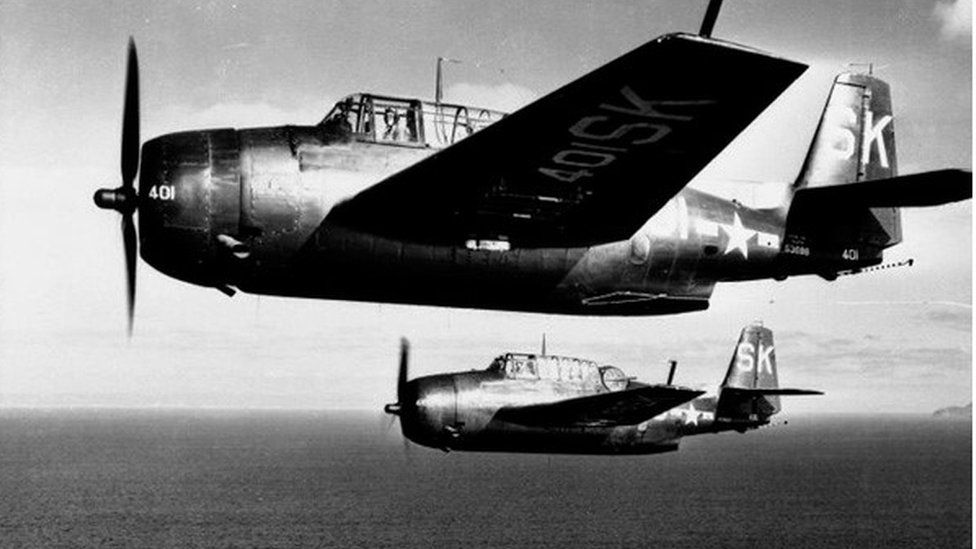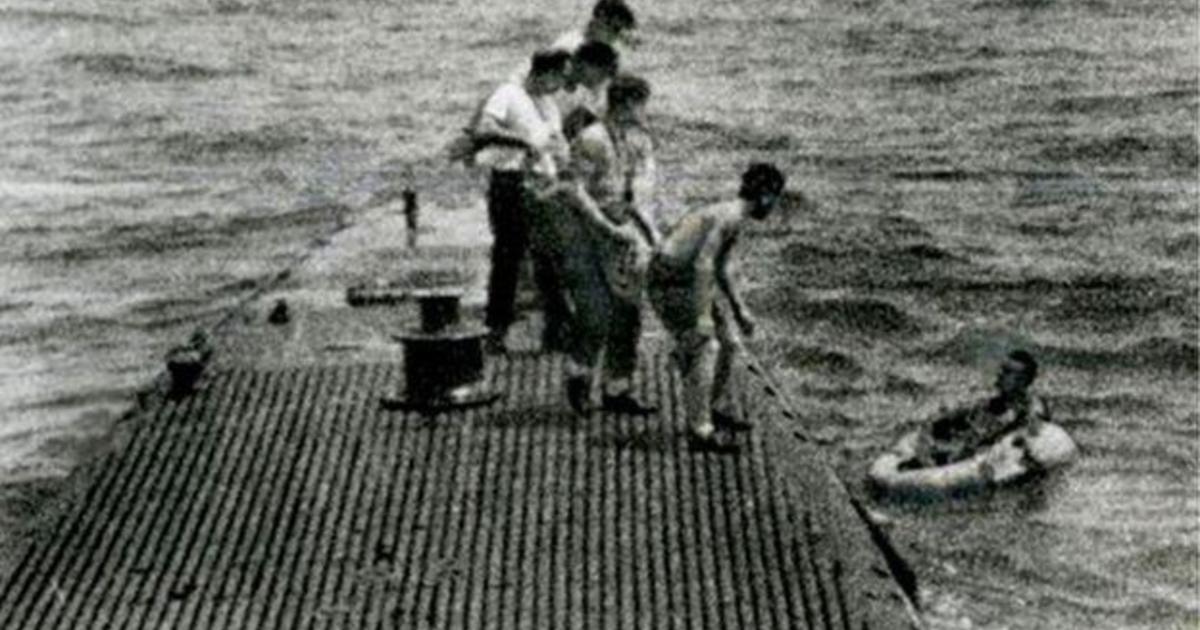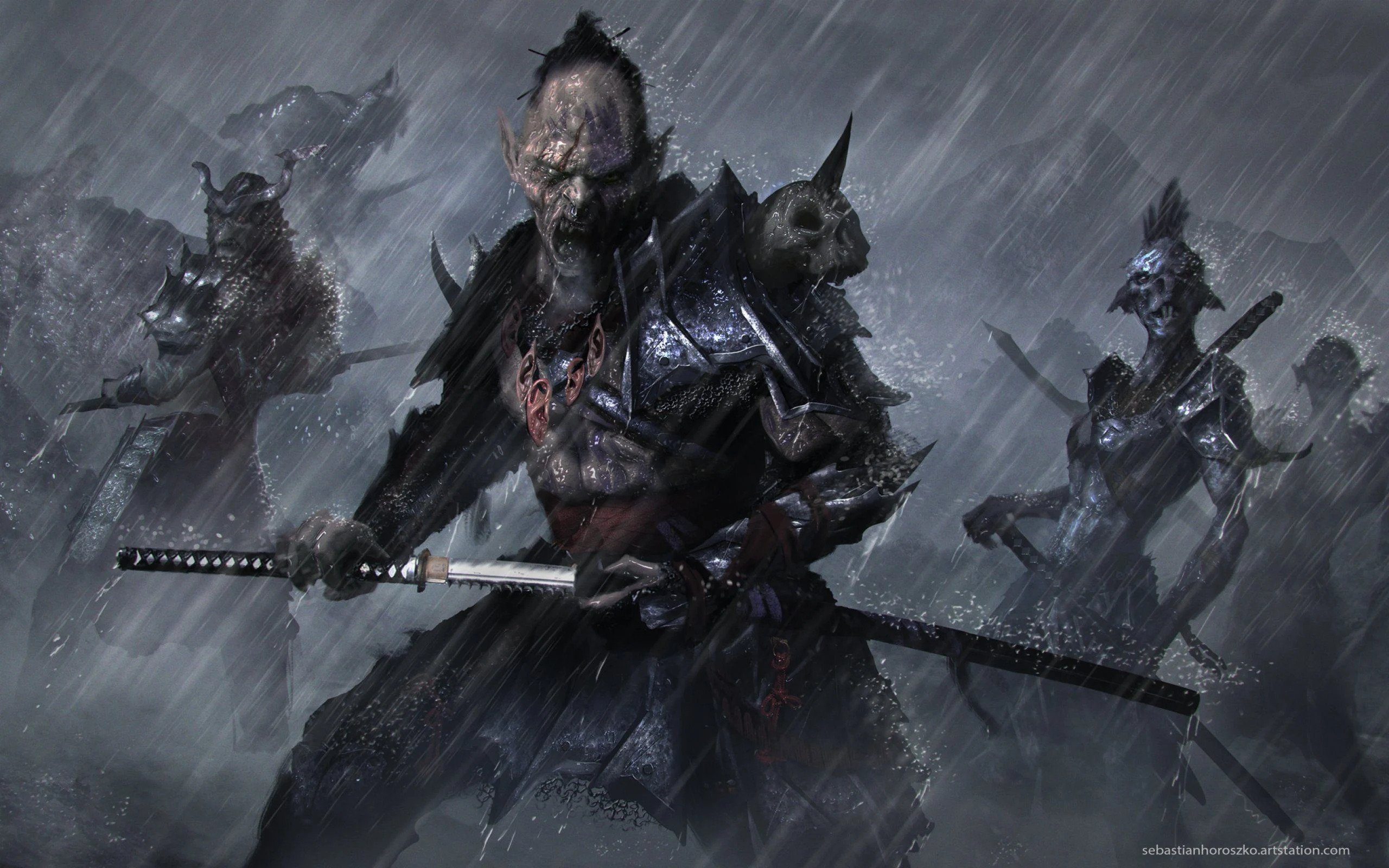One of the darkest chapters of human history began on September 1st, 1939, when Nazi Germany invaded Poland. After the ultimatum set by Britain and France was ignored, the two nations declared war on the Third Reich, setting in motion a long chain of events that ultimately culminated with the United States dropping the atomic bomb on Japan and the Allies winning.
But what happened in between these years? While the world was engrossed over the larger details, there were hundreds of thousands of evil, individual incidents that wouldn’t come to light until much later. And for the most part, thousands of atrocities occurred that would never see the light of day. Occasionally, we learn about some of these atrocities, and they’ll sicken us to the core. But do you know that there is a case where George HW Bush, the former president of the United States of America, was almost eaten alive by the Japanese soldiers?
A Bloody War
After Japan bombed Pearl Harbour on December 7th, 1941, the United States of America was effectively pulled into the Second World War. With the arrival of the United States, the Pacific theater of the war got bloodier, and the casualties started mounting higher. It was during these tense times that an 18-year-old George Bush swore fealty to the United States of America and enlisted in the Navy. George managed to survive without any incidents until September 1944, when he was sent on an operation to take out an important radio tower on the Japanese island of Chichijima. The mission was highly dangerous, as the tower was well protected. But the admiralty was adamant that the tower needed to go.
On September 02nd, 1944, the then twenty-year-old George Bush got into his Avenger Torpedo Bomber and, along with nine other airmen, left for Chichijima. Little did George know, at that time, that he was the only one who would survive.

Also Read: Bobby Dunbar Disappearance: All That You Should Know
The Great Escape
As the squadron flew over the island, they were welcomed by heavy anti-aircraft fire. It was so fearsome that all the planes got hit and downed. As George tried to bail out, the wind carried him over the plane and into the open ocean. When he landed in the waves, he realized that he was deep behind the enemy lines and was effectively separated from his companions.
Over the next few hours, the 41st President of the United States bobbed on the waves, swimming away from the Japanese islands. Luck was still on his side, as the American planes flying overhead prevented the Japanese patrol boats from peeking out. He swam as far as he could but realized that fighting to stay alive was hopeless; he was just too far away from home. However, as George’s faith in survival started dwindling, an American submarine surfaced near him.
The hatch opened, and a crewmember greeted him cheerfully. “Welcome aboard, sir!” George HW Bush was rescued from the hands of the Japanese.

Crime and Punishment
As for the other airmen, they weren’t remotely lucky. In the Japanese code of honor, surrender was never an option (hence, the advent of the kamikaze pilots). Since the times of the Samurai, the Japanese were taught that Prisoners of War were not men anymore. They had forfeited their rights to be treated with respect when they surrendered to an enemy. Hostile Japanese forces caught the downed airmen. After being tortured with sharpened bamboo sticks and bayonets, the crew was summarily executed via beheading. After their death, the airmen were stripped, and surgeons cut out their livers and muscles for consumption. By all available accounts, the bodies of the American airmen were consumed with soy sauce and other locally grown vegetables and washed down with sake.
According to the men, the human liver had great medicinal properties. Not only did ritualistic cannibalization occur, but there were also instances of other cannibalization for sustenance. Meaning the POWs were kept alive only for the sake of harvesting meat over time so that the meat source wouldn’t be spoiled. The incident became known as the Chichijima incident, and after the war, the officers responsible for the incident were hanged. The men who partook in the incident were freed after serving minimal time, but on a moral note, once you’ve eaten a fellow man in such a brutal manner, can you still be considered a man? The Algonquian people are known as the Wendigo.
Also Read: The Mysterious Disappearance Of The Lighthouse Keepers At Eilean Mor




